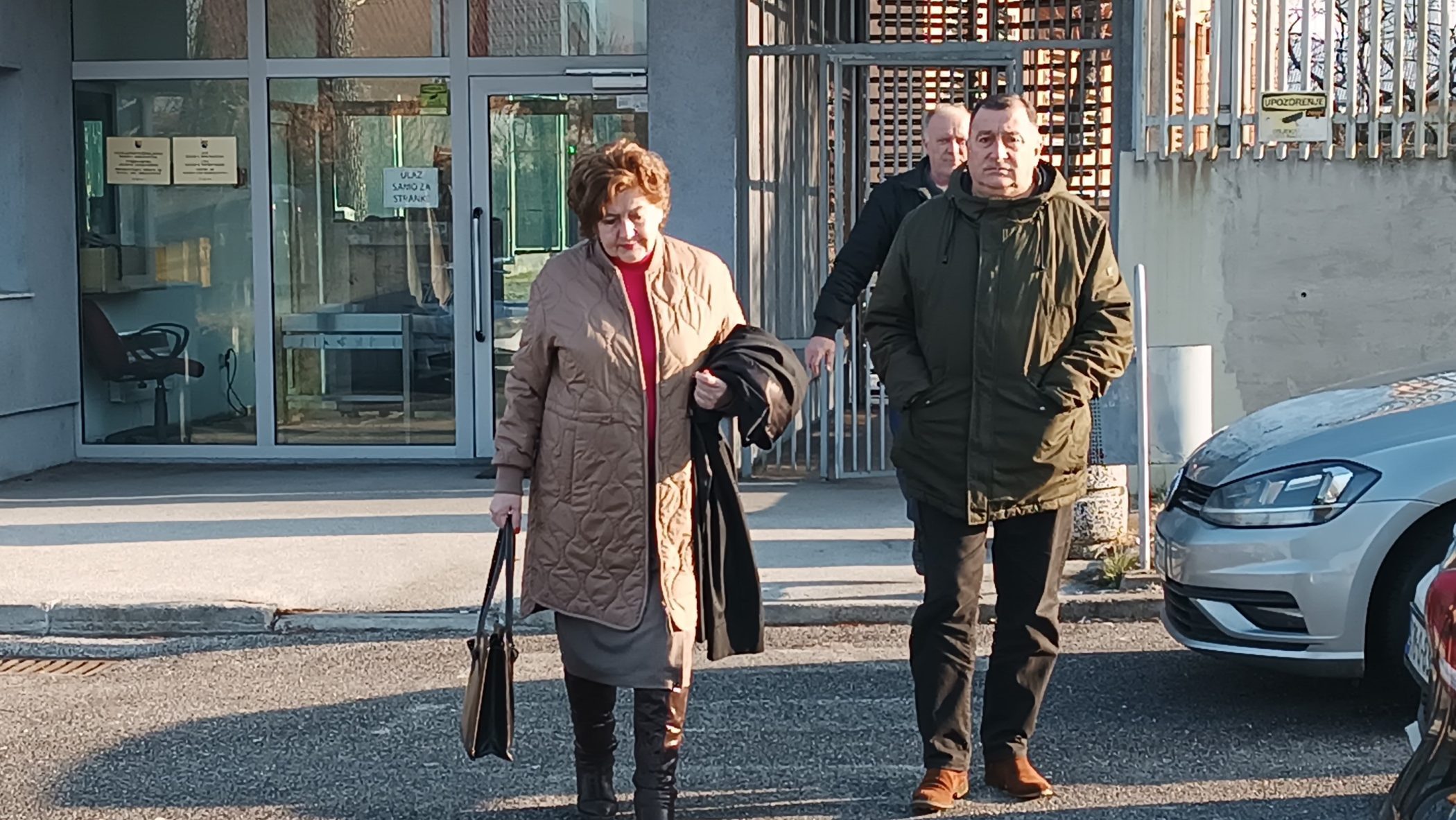This post is also available in: Bosnian
According to the charges, Ristanic, the former president of the wartime presidency of the municipality of Brcko, deliberately participated in a joint criminal enterprise with the aim of persecuting Bosniak and Croat civilians from the Brcko area from April to December 1992.
Ristanic has been charged with the persecution of the local population in 11 counts. The charges against him include killings, detention, forcible resettlement, torture and other inhumane acts, as well as the destruction of religious buildings.
According to the indictment, the Bosnian Serb Army, police and volunteer units transported the local non-Serb population from Kolobara, Rosulje and other villages to the health center in Brcko on May 1, 1992. Men were then separated from women, children and the elderly.
The indictment alleges the men were taken to a wooden mosque. They were taken away for interrogations and beatings. Reading the indictment, prosecutor Sead Djikic said one of the guards killed one of the detainees on the night of May 4 or 5, 1992.
According to the prosecution’s charges, the civilians were taken from the mosque to the Laser factory and the former Yugoslav National Army (JNA) military barracks. Some civilians were taken to the local cinema, where two Bosniaks and one Croat were killed.
According to the indictment, at the beginning of May 1992, several hundred non-Serb civilians were detained within the Luke Brcko detention camp complex. They were held in hangars without basic living conditions. Prosecutor Sead Djikic said they were robbed, tortured, beaten with wooden and electrical batons, attacked with hydrochloric acid and forced to perform labour. According to the indictment, rapes and numerous killings occurred in the detention camp.
All the detainees who survived were relocated to the Batkovic detention camp in July 1992, after which they were deported.
The non-Serb population was also arrested and taken to police premises from the beginning of May until mid-May 1992. According to the indictment, they were tortured and a few were killed as well, like Josip Lucic. Some non-Serb civilians were killed in the former Posavina hotel, according to the charges.
A large number of men were allegedly beaten up in the Partizan hall, where four persons were killed. Many individuals were also beaten in the Laser factory, where a policeman killed Kemal Sulejmanovic.
Prosecutor Sead Djikic said he intended to invite 228 witnesses to testify, but might give up on examining a few of them.
Djikic said the prosecution had received numerous documents with which it would prove the charges. He said the defendant’s actions contributed to the implementation of a political idea on the creation of an ethnically pure state for Serbian people.
Djikic said the defendant actively implemented the ideas of the Serbian Democratic Party (SDS). He said witnesses would confirm he was present in the Luke Brcko detention camp and also at the crime scene after the wooden mosque had been destroyed.
The defense did not present its introductory statement at this stage.
The first prosecution witness will be examined at a hearing scheduled for March 29.



